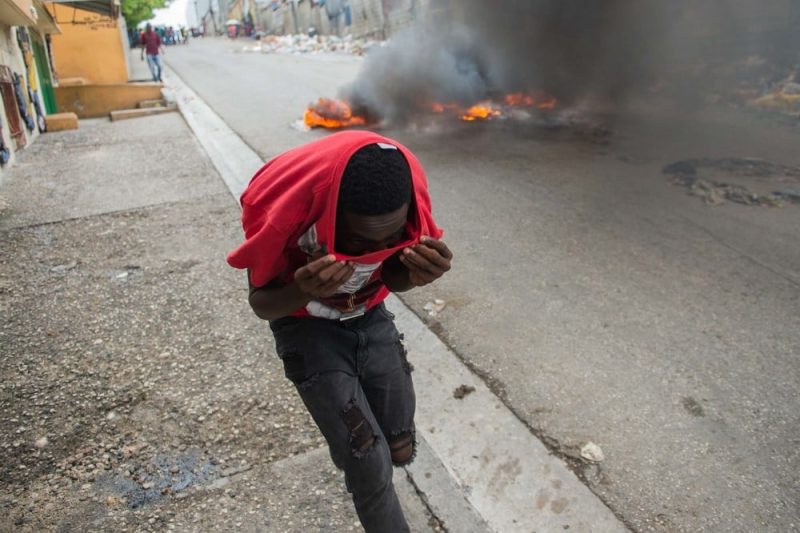
Haiti’s descent into chaos, marked by rampant gang violence and a collapsed state, has understandably fueled frustration among its citizens and the international community. The recent move by the Haitian government to hire private military contractors, reportedly involving Blackwater founder Erik Prince, is a risky and potentially dangerous gamble. While understandable given the failure of past international efforts, this action sets a concerning precedent for future peacekeeping and security operations.
The situation in Haiti highlights the broader failures of the current global system to effectively address complex humanitarian crises. The country’s turmoil began long before the assassination of President Jovenel Moïse in July 2021. Even then, a political power vacuum and the subsequent rise of the G9, a powerful gang coalition controlling much of Port-au-Prince, exacerbated the crisis. This gang coalition, with its expressed political ambitions, further complicates any potential solution, effectively holding the country hostage.
The violence has resulted in thousands of deaths, mass displacement, and a crippling humanitarian crisis. The inadequacy of the current Multinational Security Support (MSS) mission, a watered-down alternative to a full UN peacekeeping operation blocked by Russia and China, is painfully evident. The MSS mission, hampered by insufficient funding and troop deployments, has failed to effectively counter the gangs’ power.
The lack of meaningful action from Russia and China, despite their claims of representing the Global South, is particularly disheartening. Their vetoes in the Security Council, coupled with the limited financial support from other nations, including a reduced commitment from the United States, have left Haiti in a precarious position. This situation underscores the need for a new model of international intervention, one that transcends the limitations of the current geopolitical landscape.
A successful intervention requires several key elements. Firstly, it must be Haitian-led, with active participation from Global South nations and financial support from the permanent members of the Security Council. The intervention’s priorities should align with the needs of the Haitian people, prioritizing security, justice, and economic opportunity. Southern leadership in both political and security aspects is crucial, drawing on lessons from past interventions such as Brazil’s role in 2004.
Secondly, the intervention must be a coordinated, multi-faceted effort. Military intervention must be coupled with police reform, judicial action against gang leaders, and comprehensive economic and development initiatives. This integrated approach is key to long-term stability.
Thirdly, a realistic, phased approach is necessary. A short-term military intervention should pave the way for longer-term policing and security sector reform, followed by sustained development and institution-building efforts. This requires a generational commitment, recognizing the need for patience and a long-term vision. Elections should not be used as a premature exit strategy.
Haiti’s crisis is a microcosm of the challenges facing many fragile and conflict-affected states. However, Haiti’s strategic location and relatively favorable regional context make it a potentially winnable case. A successful intervention here could provide a template for future responses, demonstrating the effectiveness of a collaborative, multi-national approach that prioritizes the needs of the affected population while overcoming the obstacles of current geopolitical divisions.










